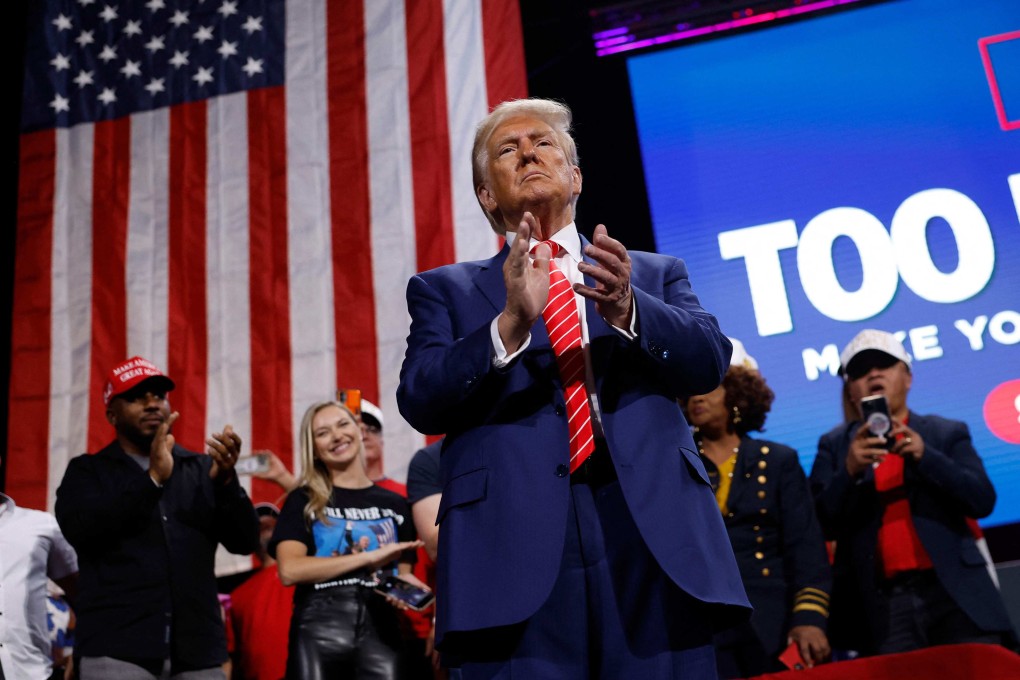My Take | How a victory by Trump can be good for peace in Taiwan Strait
Republican in effect promises return to ‘strategic ambiguity’, which has long reinforced regional security but is now undermined by US and DPP

A second electoral victory for Donald Trump is generally seen as threatening to Taiwan’s security. The usual argument is that the Republican candidate is transactional rather than principled in his approach to business as in politics.
Trump has said the island has stolen the US semiconductor industry and should “pay for [US] protection”. If not, Taiwan should not count on the United States and should just raise its defence budget to 10 per cent of gross domestic product, an unrealistic figure he probably came up with on the fly.
He emphasises immediate costs and benefits. From businessman to president, his “what’s in it for me” was extended to “what’s in it for America”. Clearly, the man has no particular attachment to Taiwan.
But his policy ramblings, probably never well-thought out, are enough to scare the living daylights out of the ruling Democratic Progressive Party (DPP) and the government of William Lai Ching-te. Trump seems to be approaching the Ukraine war in a similar way, which may not be bad for those hoping for an end to a brutal and senseless war of attrition.
In effect, Trump is saying whether the US will come to Taiwan’s defence when it is attacked by mainland China – or if it provokes an attack by unilaterally going independent – will depend on the circumstances, such as whether Taipei pays up or offers enough incentives to Washington. It will also depend on the state of US-Chinese relations at the time.
Now if Taiwan cannot automatically count on US support and defence, it will have to stop acting irresponsibly and dangerously towards Beijing, and learn to pursue diplomacy over provocation at every turn. If what Trump is offering is not the long-hailed “strategic ambiguity”, which has underpinned cross-strait peace and stability until recently, I don’t know what is. We should welcome its return if Trump wins.

